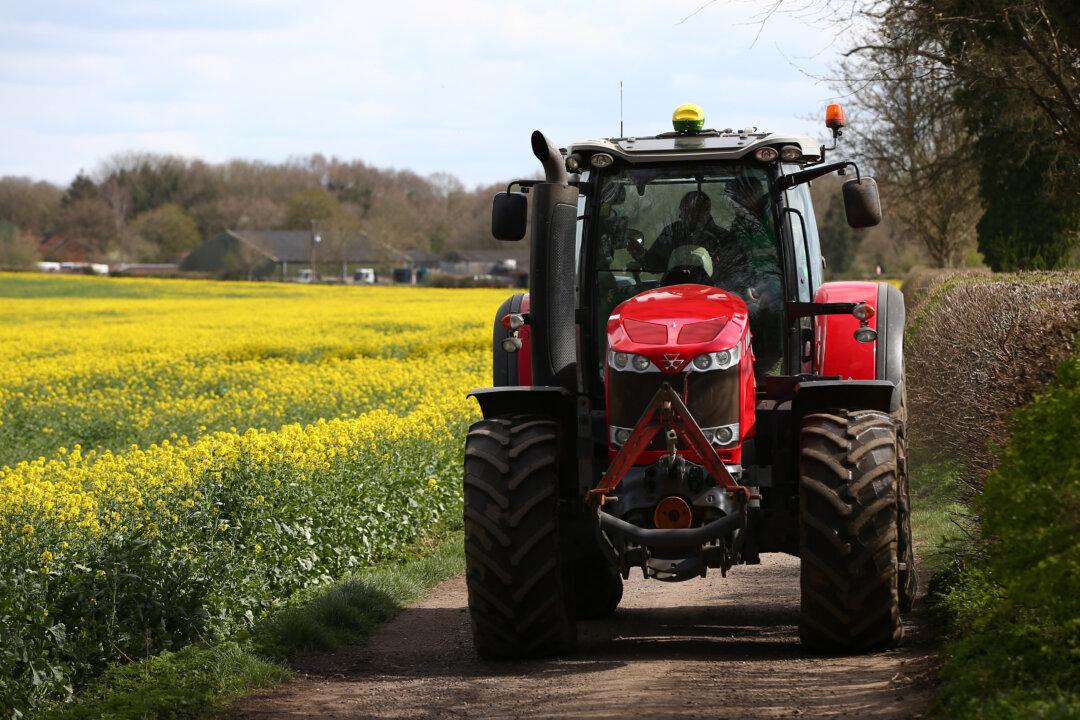The growth and sale of gene-edited food have now been legalised in England after the Genetic Technology (Precision Breeding) Act passed into UK law on March 23.
According to the government, the new law allows farmers to “grow crops which are drought and disease resistant, reduce use of fertilisers and pesticides, and help breed animals that are protected from catching harmful diseases.”





